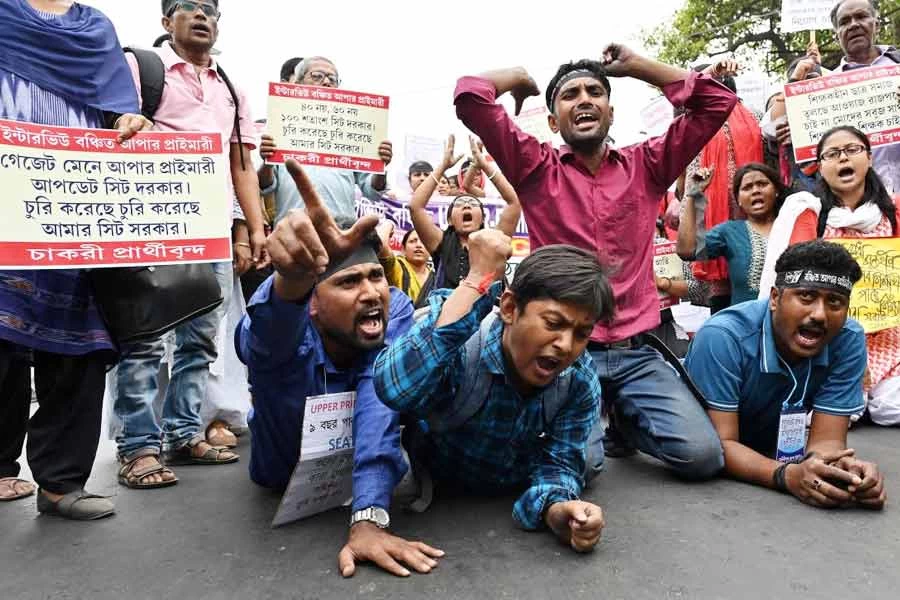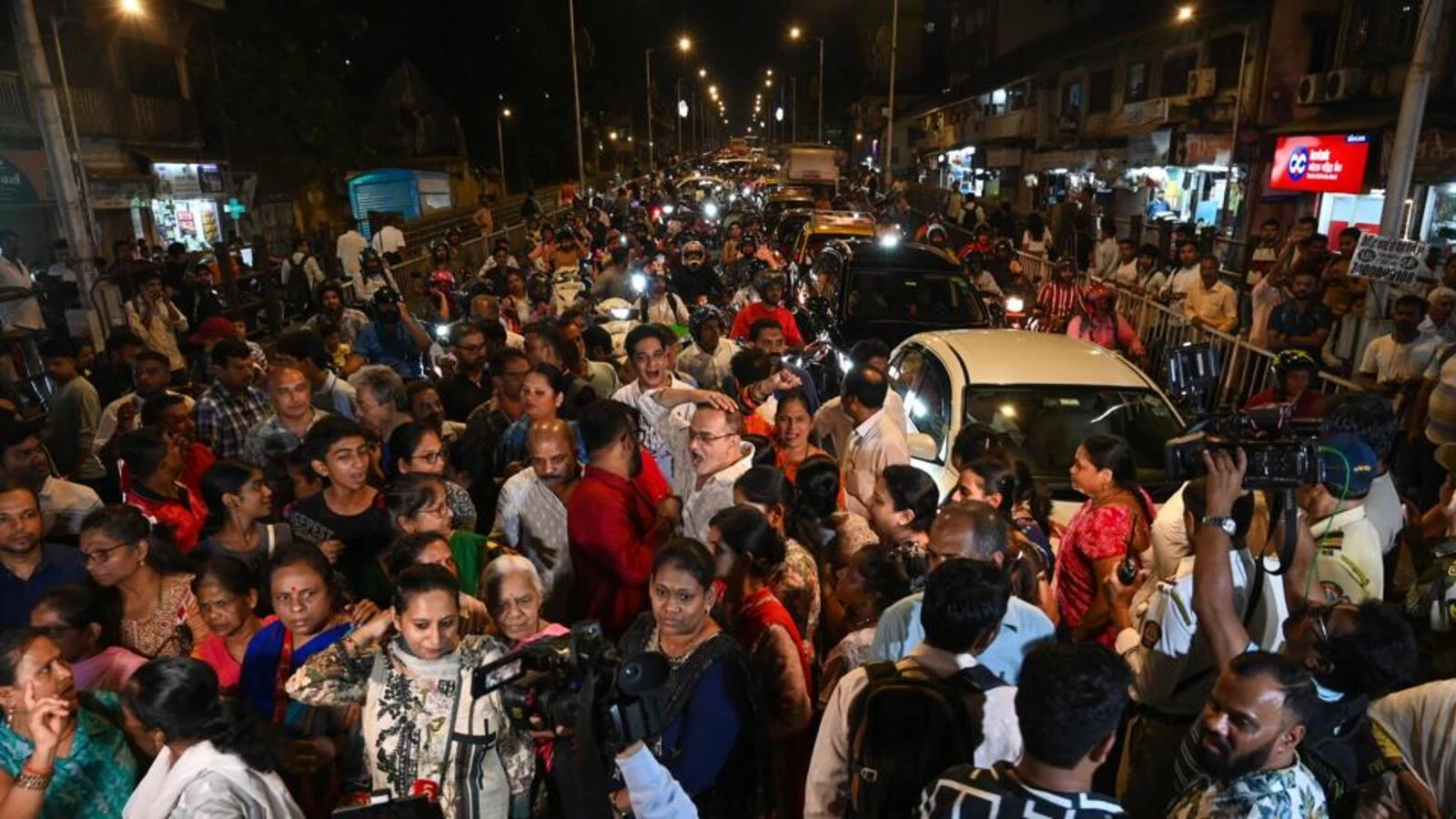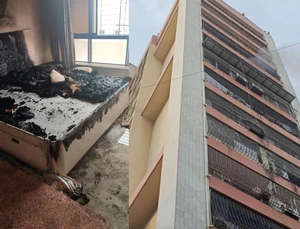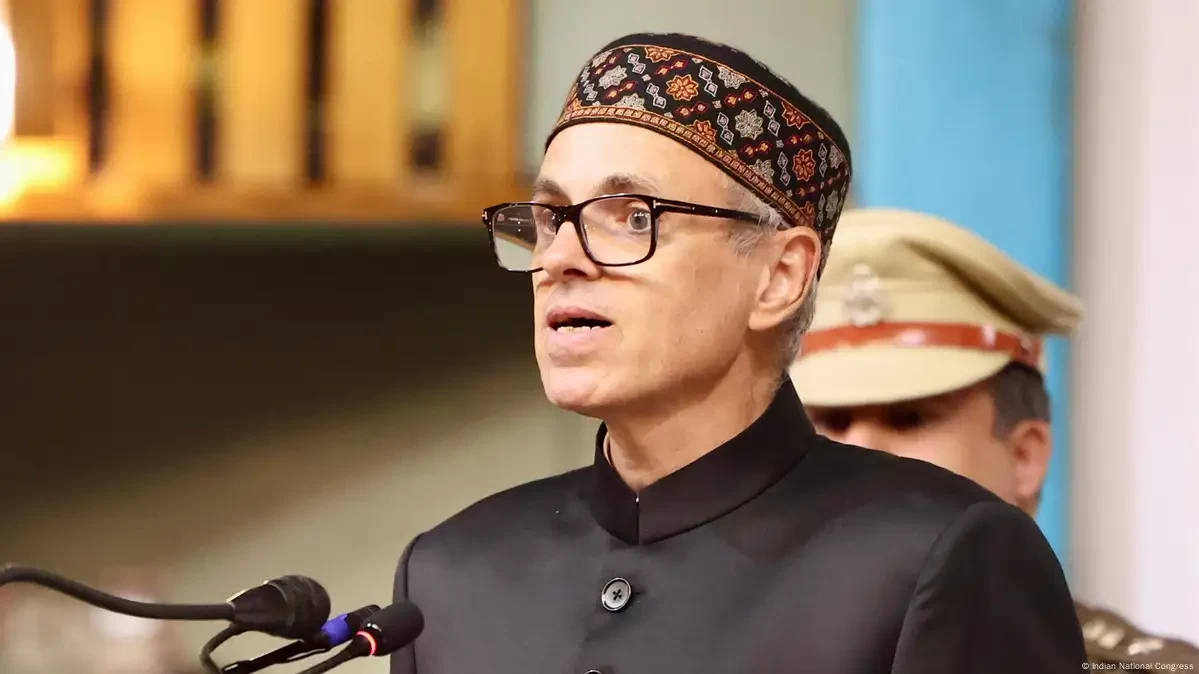Latest Updates
‘Dying declarations can’t always be the sole basis for conviction’, says the Supreme Court of India
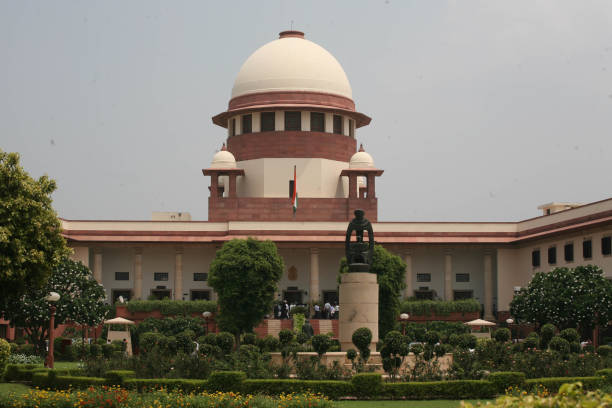
The Supreme Court of India said that ‘dying declarations can’t always be the basis for conviction’. A dying declaration cannot be the ‘sole basis for conviction’, especially in cases ‘where suspicion is raised as regards the correctness’ of the statement, observed the SC while hearing a plea filed by a Uttar Pradesh man found guilty of the murder of his son and three people and sentenced to death by the lower courts.
It is often presumed by the courts that the dying declarations are usually true, as a man on his deathbed cannot possibly lie. However, the SC noted that dying statements must be dealt with ‘great caution’, and the legal principles must be altered accordingly. “While carrying a presumption of being true, a dying statement must be wholly reliable and inspire confidence and if there is any suspicion over its veracity or evidence on record shows the dying declaration is not true then it will only be considered as a piece of evidence but cannot be the basis for conviction alone", said the Supreme Court of India.
The Supreme Court further noted that a dying statement can only be instrumental in convicting the accused if it was made while the victim was in a ‘fit mental state’. ‘It has often been seen in some cases that the dying statements are recorded at a time when the victim may not be in a fit state of mind, often such statements lack coherence and clarity. In such cases the dying statement can only be used as a piece of evidence, and not the sole basis for convicting someone’, observed the SC.
The SC made the aforementioned observation when a bench of Justices BR Gavai, JB Pardiwala, and Prashant Kumar Mishra were hearing plea made by Irfan, who’s been in jail for 8 years, convicted of the murder of his son Islamuddin and his two brothers Irshad and Naushad. The lower courts convicted Irfan of murder, relying on the dying statements of the victims and the Allahabad high court in 2018 concurred with the judgments of the lower courts. The SC here stated that the dying declaration in this case was not viable questioning their mental stability, as the victims were suffering from 80% burns, and ordered for Irfan’s immediate release.
While the SC accepted the theory that dying declarations are essentially based on the presumption "when the party is at point of death and when every hope of this world is gone... man is induced by most powerful consideration to speak only the truth", the SC also noted that cases that are based on circumstantial evidence must be scrutinized and vetted based on the following points:
1. Was the person making the statement expecting to die
2. Was the statement made as soon as possible
3. Was the person making the declaration was tutored or prompted, whether by police or an interested party
4. Was the statement recorded properly
5. Did the person making the statement clearly observe the incident in question
6. Are the sequence of events in the dying declaration consistent throughout the text
7. Was the declaration voluntarily made
8. In case of multiple declarations, is the first consistent with events detailed by the others
9. Was the person making the declaration able to do on his/her own given their injuries
The Supreme Court stated that there are ‘no rules set on stone’ when it comes to a dying statement, but such statements should be used with ‘great caution’, ‘since accused has no power of cross-examination, courts insist dying declaration should inspire full confidence of court... court, however, should be on guard to see statement was not result of tutoring or product of imagination.’




